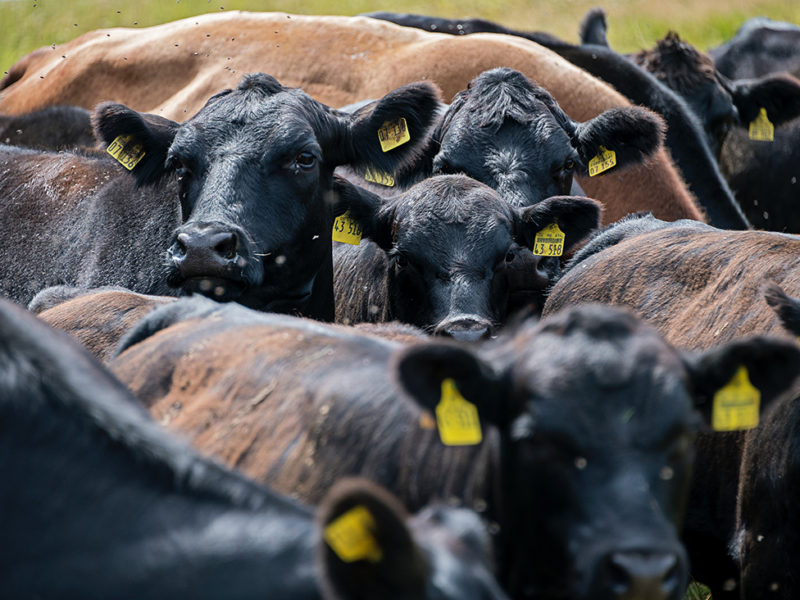There was some hope for the BC cattle industry in Prime Minister Justin Trudeau’s announcement on May 5 of $252 million to support agriculture and food processing.
Almost half the funds, $125 million, are earmarked for AgriRecovery initiatives to support producers facing additional costs as a result of COVID-19. The funds include $50 million for a cattle set-aside program aimed at supporting feedlots across Canada unable to move cattle to processing plants.
The Canadian Cattlemen’s Association estimates there are currently 100,000 head of cattle finished and ready for market with nowhere to go. The number is increasing by more than 6,000 every day.
“This falls well short of what we need,” says CCA president Bob Lowe, noting that industry is spending $400,000 a day to maintain animals until processing capacity frees up. “We already used up $50 million a couple of weeks ago.”
The BC Association of Cattle Feeders says the slowdown is affecting cattle that should be moving to feedlots from backgrounding operations. Producers who have no other options are selling at a loss; ranchers with options are holding off.
“We have operators who are putting cattle out to grass that normally wouldn’t,” says Andrea van Iterson, the association’s executive director.
AgriRecovery is a joint federal-provincial program and van Iterson says her members are talking with the province on how it might support cattle feeders.
“We are having discussions with business risk management and the agriculture ministry to ensure that however the money is administered to the province, our membership’s needs will be represented and, in some way, met,” she says.
The second-largest portion of the funds, $77.5 million, will create an Emergency Processing Fund to help food producers, including meat plants, access more personal protective equipment for workers and expand or upgrade facilities.
“We are looking at how to tap into this fund and what it will cover to improve productivity,” says Nova Woodbury, executive director of the BC Association of Abattoirs. “I’m hoping it will include things such as new equipment and expanded processing room, as well as cooler and freezer capacity.”


 Federal assistance falls short
Federal assistance falls short